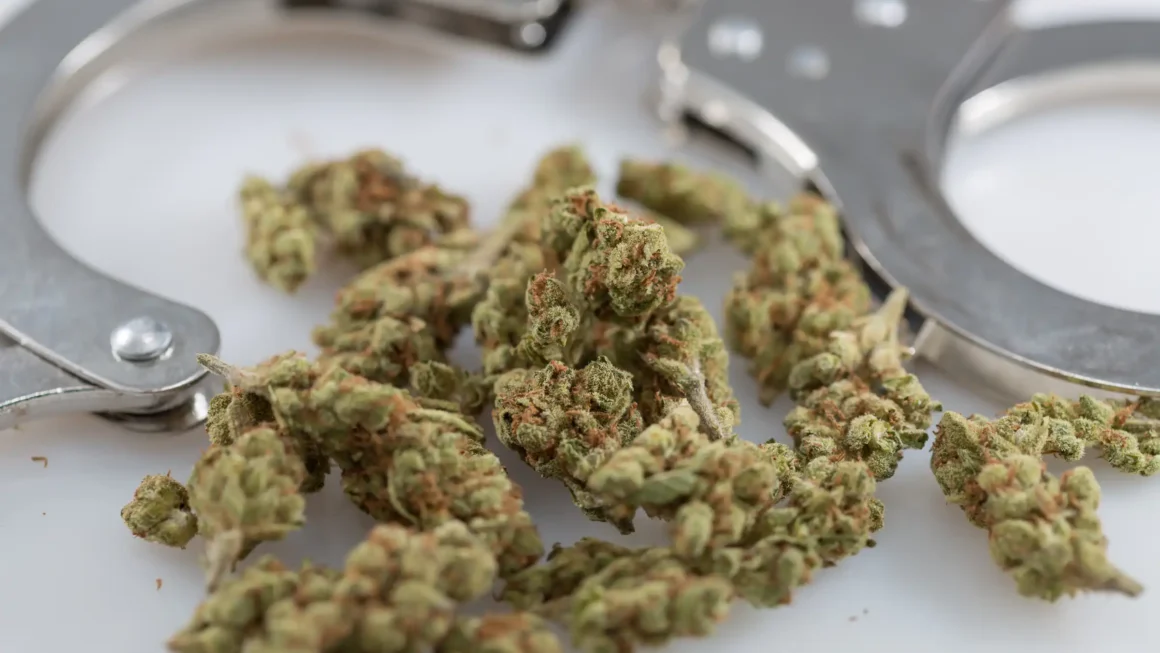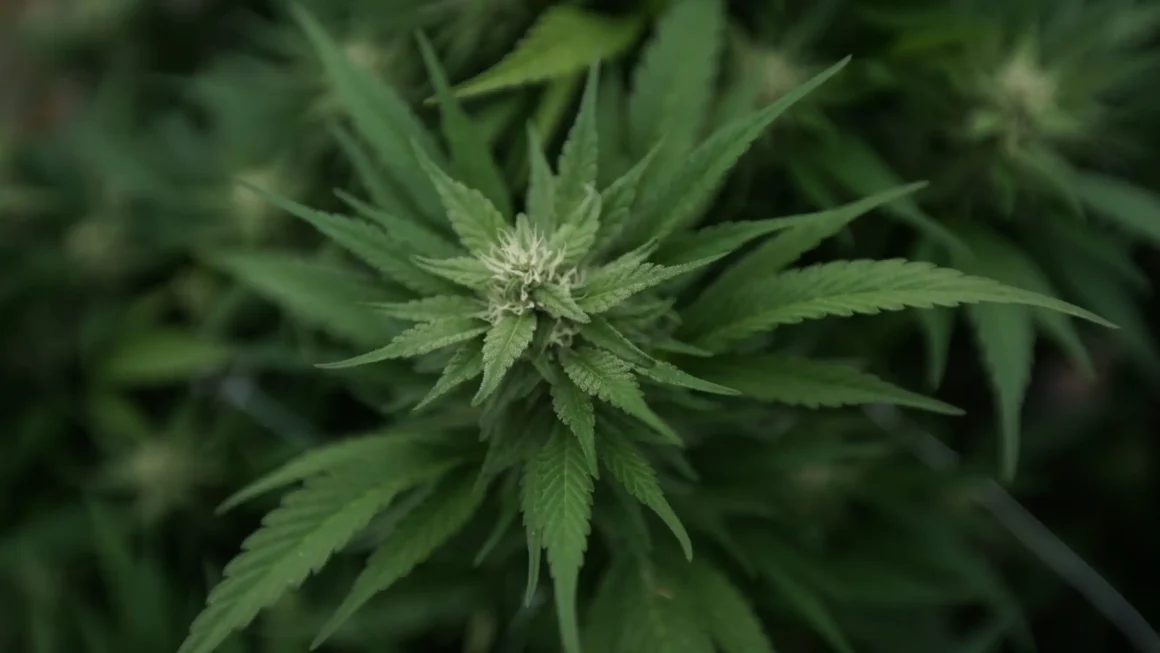Old Continent, early 2026. The headline lands like this: “The Department of Health clears cannabis for four medical conditions.” Back in 2025, Spain joined the list of more than 40 countries that had already brought cannabis into their healthcare systems. And if that was the “first big step,” then what we’re seeing now, right at this moment, are the second ones.
So what actually changed?
The Spanish Agency for Medicines and Medical Devices (AEMPS), the public body that regulates medicines and healthcare products, published a monograph detailing which cannabis-based treatments specialist physicians are now allowed to prescribe, and under what conditions.
“It’s news that’s been received with relief, and with a certain degree of respect,” says Jesús de Santiago, coordinator of the Cannabinoids Working Group at the Spanish Pain Society. “For years, we operated in a very ambiguous space. We knew there were patients who could benefit, but there was no clear framework to do things properly.” In practical terms, AEMPS brings order. It sets rules. It demands quality. “For the scientific community, that matters. It means working with standardized medicines, with controls and traceability. That’s the only way to generate reliable data and actually protect patients,” de Santiago adds.
Still, not everyone is convinced.
Some voices have described the new regulation as “very timid,” among them Manuel Guzmán, Professor of Biochemistry and Molecular Biology at the Complutense University of Madrid and a member of the Royal National Academy of Pharmacy. By most accounts, he’s also one of the most authoritative voices on cannabis in Spain. “The regulation establishes fairly restrictive conditions for access to and use of these medications,” Guzmán says.
From the patient side, the response has been cautious. One such case is Carola Pérez, president of the Spanish Observatory of Medicinal Cannabis, who lives with neuropathic pain and manages her symptoms with cannabis. For years now, Pérez has been one of the most visible social voices on the issue in Spain. She’s heard by public opinion, the scientific community, social media, and, at times, by policymakers.
“We’re still very concerned about physician training,” Pérez says. “We see very little interest in learning from colleagues in other European countries. The Department of Health still hasn’t explained how a specialist can be certified or trained to prescribe cannabis to a patient.” And she adds: “On top of that, we feel the program falls short. It leaves a huge number of patients out.”
For now, cannabis will only be prescribed for four indications: chronic pain, spasticity related to multiple sclerosis, severe forms of epilepsy, and nausea and vomiting associated with chemotherapy.
Cristina Sánchez García, Associate Professor in the Department of Biochemistry and Molecular Biology at the Complutense University of Madrid and a member of the university’s Institute for Neurochemical Research, shares that diagnosis. She also sees the framework as “poor and very limited.” “It’s an important first step,” she says, “but the design has serious shortcomings (family doctors are excluded from prescribing, product options are limited, and so are the conditions that qualify) that keep us trailing behind the rest of Europe.”
According to Araceli Manjón-Cabeza, Professor of Criminal Law at the Complutense University of Madrid, what should come next is fairly straightforward. “Dispensing needs to actually begin,” she says. “Doctors need to prescribe, and pharmacies need to be able to prepare and dispense formulations so they reach the patients who need them. We’ll have to wait a few months to see whether the system truly starts working.”
Even acknowledging the real progress that’s been made, everything suggests that the next logical step goes beyond simply expanding approved indications. It also means doing things right, on a formal level. “We need clear protocols, specific training for professionals, and above all, real-world data,” De Santiago says. “We need to know which patients it works for, which ones it doesn’t, and why. If we don’t measure outcomes, we risk creating unrealistic expectations and losing a tool that, when used properly, can genuinely help certain patients.”
“What can be improved? Everything,” Pérez fires back. As a patient, she wants the best possible scenario, and real access to her medicine. “There’s still a huge educational and training effort ahead. Someone has to take responsibility for that,” she says. “It feels like no one has taken the time to look at what’s actually working beyond our borders and bring those lessons into our own regulatory model,” Sánchez García insists.
Beyond all this, the system as approved remains restrictive. Sooner or later, it will need to be expanded in the interest of patients, by broadening the list of qualifying conditions. “We also need to see whether the legal challenge filed by pharmacists against the Royal Decree goes anywhere,” Manjón-Cabeza adds. “Limiting dispensing to hospital pharmacies while excluding community pharmacies is hard to justify, and it harms patients. Community pharmacies already dispense medications that are far more dangerous than a magistral cannabis formulation. This only makes sense if you start from a distorted view of cannabis itself.”
Patients aren’t asking for miracles, they yearn for clarity and support. They want to know which treatments are best, what they can realistically expect, what the risks are, and who will follow up on their care. They’re also calling for regulated access, and above all, an end to stigma, so they don’t have to rely on informal channels. “At the end of the day,” De Santiago says, “what patients are asking for is entirely reasonable: to be treated as patients, not as consumers.”
“There was one line that did a lot of damage,” Pérez firmly states. “When people started suggesting that patients would divert their medication to third parties. Or resell it. How does it make any sense to think a patient would risk their own medicine, especially when it’s so hard to get? At what point did we start seeing patients as ‘criminals,’ even before it even begins? How is it possible that there’s no trust in the patient?”
Until the state stops looking at patients with suspicion, cannabis will continue to be administered drop by drop. The community now waits to see what the third big step will be in a landscape that, despite undeniable progress, remains open.





